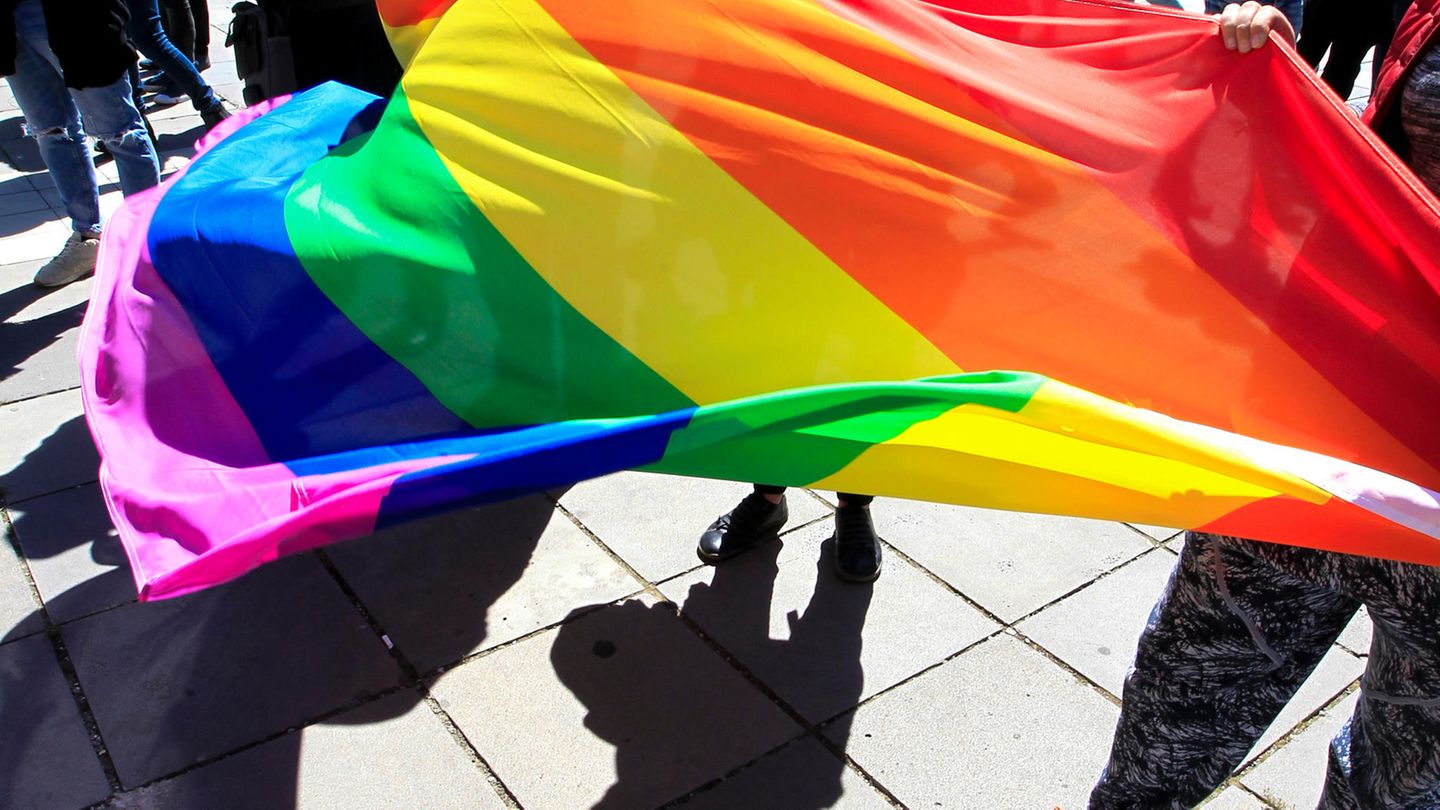Despite warnings from Brussels, Georgia has paved the way for a law that is aimed, among other things, at homosexuals. This means the country is moving further away from the EU.
In Georgia, Parliament Speaker Shalva Papuashvili signed a controversial law restricting the rights of homosexuals and other sexual minorities, paving the way for it to come into force. According to the TV channel Rustavi 2, Papuashvili justified the move by wanting to protect families and children in the country.
The law provides for the “restriction of propaganda of same-sex relationships (…) in educational institutions and television programs”. It is similar to Russian legislation restricting LGBTQ rights and, among other things, bans gender reassignment surgery, gay or transgender adoptions, and invalidates same-sex marriages performed abroad on Georgian territory. The English abbreviation LGBTQ stands for lesbian, gay, bisexual, transgender and queer.
EU criticizes anti-gay law in Georgia
The ruling Georgian Dream party passed the “Family Values” law on September 17th. The opposition boycotted the vote. President Salome Zurabishvili did not sign the law, but did not veto it either. This meant that the document only had to be signed by the Speaker of Parliament. The law comes into force upon publication in the Official Gazette of Georgia.
“In accordance with the Constitution, today I signed the law ‘On Family Values and Protection of Minors’, which Salome Zurabishvili did not sign,” Papuashvili said on Thursday on the online network Facebook.
The draft law had previously been criticized by the European Union, but relations between Brussels and Tbilisi are already strained because of recent restrictions on non-governmental organizations in Georgia. The law in Georgia is very similar to the Russian model. The rights of the LGBTQ+ community were also severely restricted there.
The pro-European President Zurabishvili had already opposed the government on the law on “foreign influence” and vetoed it. However, this was overruled by Parliament. Zurabishvili then filed a lawsuit with the Constitutional Court.
After coming to power in 2012, the Georgian Dream party initially pursued a liberal, pro-Western political course. In the past two years, however, critics say it has turned toward Moscow. Brussels has now put Georgia’s EU accession process on hold.
Source: Stern
I have been working in the news industry for over 6 years, first as a reporter and now as an editor. I have covered politics extensively, and my work has appeared in major newspapers and online news outlets around the world. In addition to my writing, I also contribute regularly to 24 Hours World.




